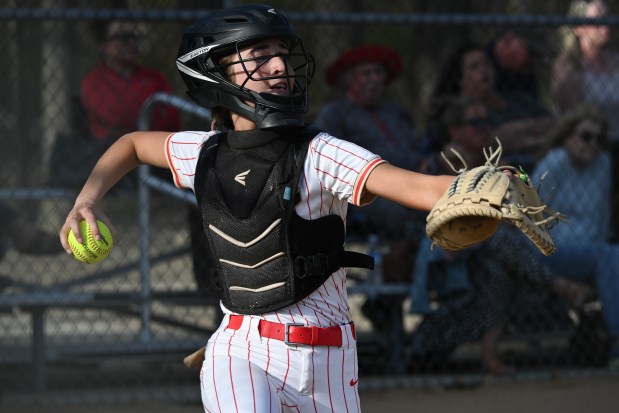Highland Park’s Oktoberfest late last month became the latest battleground in the ongoing fight between local restaurant owners and the City Council over a rediscovered prohibition-era ordinance that bars elected officials from holding liquor licenses.
The ordinance prompted Councilman Jeff Hoobler, co-owner of a local brewery, to resign earlier this year.
According to Irwin Bernstein, founder of Highland Park Forward — a political action committee trying to amend the city’s liquor license ordinance — a group of restaurant owners had put up signs at the Oktoberfest celebration in support of an upcoming referendum calling for an amendment to the ordinance, which were subsequently taken down by city staff.
Bernstein heavily criticized the move, which he claimed was “stifling free speech” and “unconstitutional,” pointing to a 2015 U.S. Supreme Court decision regarding local laws and signs. Some restaurant owners threatened to leave the event in protest, he said.
“It felt very onerous; it was disrespectful,” Bernstein said. “There were restaurant owners that were going to close their booths, and actually (it was) Jeff Hoobler who said it doesn’t make sense to harm the community or their own businesses.”
Highland Park spokeswoman Amanda Bennett said in a statement that city policies don’t permit private signs — regardless of content — on public property, a policy that she said is applied, “equitably to all signs posted.”
The 2015 U.S. Supreme Court Case, Reed v. Town of Gilbert, requires municipal sign regulations to be content-neutral.
At Oktoberfest, Highland Park’s event management contractor was “tasked with addressing these signs,” and was told to inform the organizers of “various other outlets” for signs. “However, it is the City’s understanding that they did not pursue this option,” Bennett said.
Private signs on public property have been prohibited since 2005, she said, and a specific location has been “set aside … for the expression of public opinion.”
Interested parties can apply for a permit to erect displays at a “small pocket park” at the southwest corner of St Johns and Central Avenues. A display is currently up, but individuals can apply for an East Pocket Park Public Forum Permit for future available dates, “provided their display complies with all the requirements,” Bennett said.
The controversy began when city staff and Mayor Nancy Rotering discovered the ordinance after concerns were brought forward over Hoobler’s involvement in discussions about the city’s liquor code.
Hoobler, a co-owner of the Ravinia Brewing Company, was elected in 2023. Hoobler’s renewed liquor license was approved by Rotering, who serves as the city’s liquor control commissioner.
A motion was made to amend the code, but failed on a tie vote after Hoobler recused himself, with three opposition votes from council members Kim Stone, Anthony Blumberg and Rotering.
Hoobler ultimately decided to resign from the council.
Last spring, Highland Park restaurant and business owners read an open letter to Rotering and the City Council asking that the liquor license law be changed, calling it inconsistent and inequitable because it gives electoral representation rights to real estate developers and owners of marijuana dispensaries or tobacco establishments, but not business owners with liquor licenses.
The upcoming advisory referendum, which Bernstein said got on the ballot through the collection of 2,500 petition signatures, calls for allowing liquor license holders to hold public office. However, it is only advisory and the amendment would require City Council approval.
Bernstein believes the blocking of the amendment was more about protecting against potential political challengers from the business community, rather than “focusing on what’s going to move the community forward.”
“We believe Highland Park citizens have the right to choose their elected officials,” he said. “It appears vindictive.”
Attempts to reach Rotering for comment were unsuccessful.
“This is not about Jeff Hoobler or me,” Bernstein said. “Neither of us are running for City Council. This is about giving voters the opportunity to choose their representatives.”




